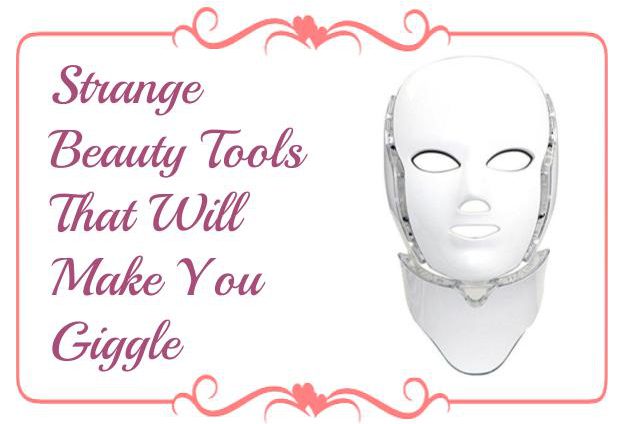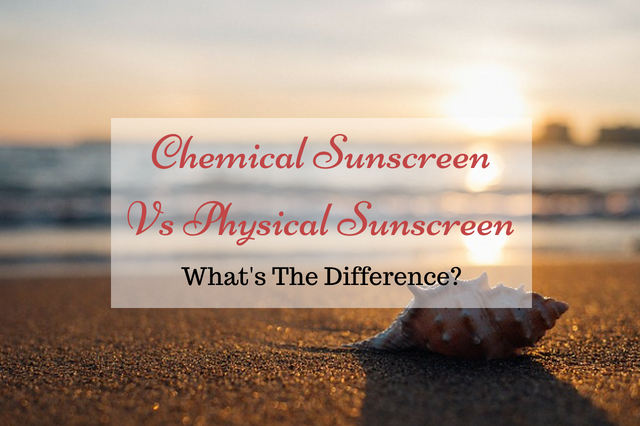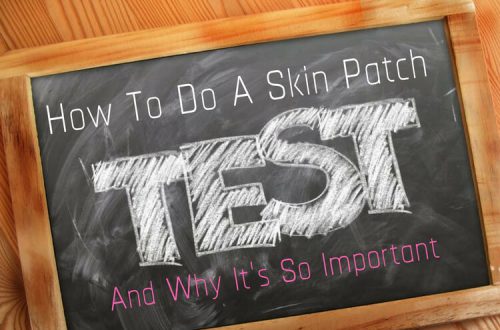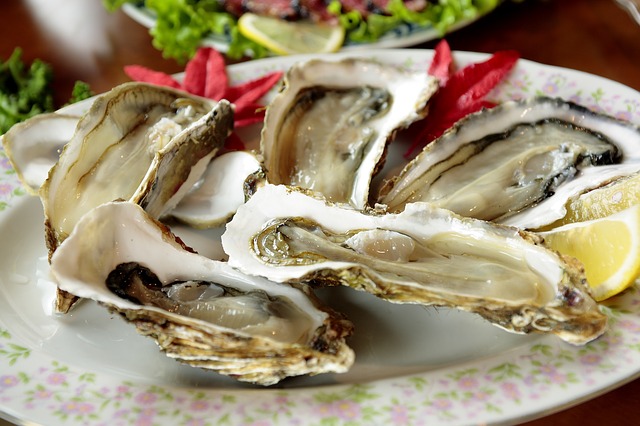
What Does Zinc do for Skin
So, what does zinc do for skin and why is this mineral so important? When it comes to skincare, we’ll often hear about the importance of vitamins and minerals, in particular vitamin A, vitamin C and vitamin E, but we don’t always hear about the importance of zinc. For many people, zinc is not the first thing to spring to mind when they’re thinking about their skin’s appearance but it turns out it’s actually one of the most important nutrients for maintaining healthy looking skin.
This often overlooked mineral is extremely important for skin health as well as for the rest of the body too. Zinc is an essential mineral that is needed for normal growth and maintenance of the body and many of the body’s enzymes rely on it to function correctly. Skin cells, in particular, rely on zinc for its array of different properties, so much so that many skin related issues are said to have a possible link to a zinc deficiency.
The Importance of Zinc
Zinc seems to be important for almost everything you can imagine and helps towards the normal bodily functions of many things including the immune system, wound healing, cognitive function, fertility and reproduction, DNA synthesis, testosterone levels in the blood, maintenance of normal bones, protein synthesis and the maintenance of normal hair, nails and skin (I know, that a lot for one little mineral).
Zinc is also such a versatile mineral that it is often used to help with numerous conditions including male infertility, erectile dysfunction, diabetes, high blood pressure, the common cold, arthritis, osteoporosis and many, many more. It is also often used to help treat skin conditions such as eczema, psoriasis, acne and aging skin, not only because it has healing properties but also because it’s full of anti-inflammatory properties too.
Skin Benefits of Zinc
As well as its healing and anti-inflammatory properties, there are many other ways in which zinc can benefit the skin and one of those is by helping to protect the cells from oxidative damage. Although it’s not considered as an antioxidant as such, it does help protect the skin from free radical damage which is a common attribute in the cause of aging skin.
Zinc is also said to help encourage the production of collagen and elastin and we all know how important they are if we want to keep aging skin at bay. It also helps with the repair and regeneration of cells and tissues making it an extremely important nutrient for wound healing and is also a key nutrient in the maintenance of healthy hair and nails too.
Treatment of Acne
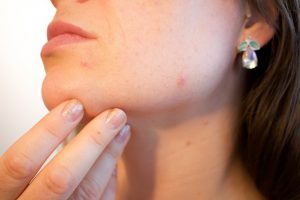 Because zinc contributes to the maintenance of normal skin, a deficiency in this all important mineral has been linked to acne. With that in mind, it’s not unusual for health professionals to suggest a zinc supplement to those who suffer from severe cases. Zinc also helps the normal metabolism of fatty acids and because these are linked to oil balance in the skin, this is another reason for the believed link between acne and a zinc deficiency.
Because zinc contributes to the maintenance of normal skin, a deficiency in this all important mineral has been linked to acne. With that in mind, it’s not unusual for health professionals to suggest a zinc supplement to those who suffer from severe cases. Zinc also helps the normal metabolism of fatty acids and because these are linked to oil balance in the skin, this is another reason for the believed link between acne and a zinc deficiency.
Zinc also helps to maintain normal testosterone levels in the blood and fluctuating levels of testosterone are known to be a trigger of acne. Zinc is also filled with anti-inflammatory and antibacterial properties which can help bring down the irritation and redness associated with acne both when consumed and when applied topically.
Prevention and Treatment of Stretch Marks
Stretch marks have also been linked to some extent to a zinc deficiency and it’s believed that those who have adequate amounts of zinc in the body are less likely to suffer from stretch marks compared to those who don’t. Pregnant women, in particular, have a tendency to suffer from low levels of zinc because a large percentage of their own nutrients are being used by the fetus.
The same seems to apply for the repair of stretch marks too. Because zinc is linked with the bodies ability to heal wounds, produce collagen and keep skin healthy, those who consume sufficient amounts of zinc are said to recover from stretch marks quicker and more effectively than those who are deficient in the mineral.
Topical Zinc
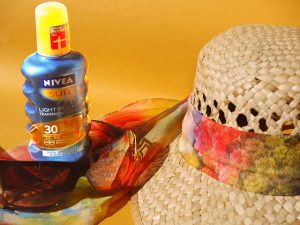 Topically applied zinc is said to be effective at helping to reduce the appearance of rashes, marks and scars on the skin. For that reason, zinc is often found in numerous forms in many different skin care creams including stretch mark creams and scar removal creams. Zinc is even found in popular nappy rash creams due to its skin healing properties.
Topically applied zinc is said to be effective at helping to reduce the appearance of rashes, marks and scars on the skin. For that reason, zinc is often found in numerous forms in many different skin care creams including stretch mark creams and scar removal creams. Zinc is even found in popular nappy rash creams due to its skin healing properties.
Zinc is also found in the form of zinc oxide in physical sunscreens due to its ability to shield the skin and protect it from damaging UV rays. There are also creams containing both Zinc and copper that have been found to be effective at reducing the signs of aging by reducing the appearance of fine lines and wrinkles.
Sources of Zinc
As well as being available in supplement form, zinc can be found in numerous foods including seafood and meats. Oysters are one of highest food sources of zinc but crab and lobster are also good sources. Meats are another rich source of zinc with beef and lamb being the highest but chicken and pork are also good options. Other food sources of zinc include:
- Seeds such as pumpkin seeds, sesame seeds and sunflower seeds

- Nuts such as cashews, pecans, walnuts and almonds
- Wheatgerm
- Spinach
- Beans such as kidney beans
- Mushrooms
- Dark Chocolate
Final Thoughts
There’s no doubting the importance of zinc both for the skin and for the body and with so many important properties, it really is an essential mineral not just for overall health but for healthier looking skin too. And when combined with other essential vitamins, the skin benefits are increased even more.
How do you feel about the importance of zinc and has it helped you with any skin related issues? I’d love to hear all about it so please feel free to drop me a comment if you’d like to share your stories.
Jessie
